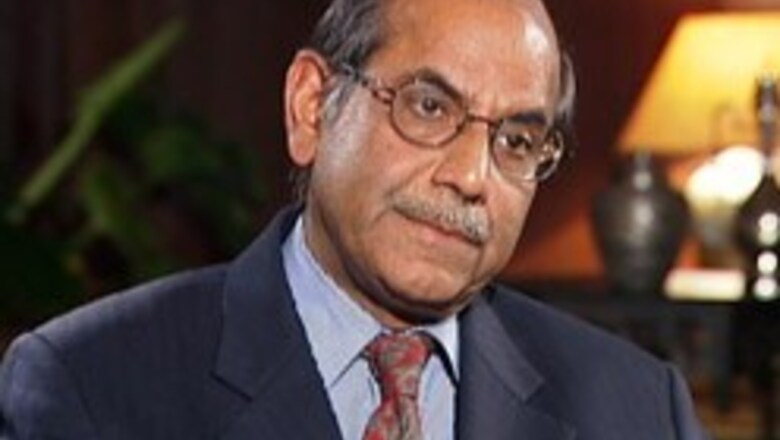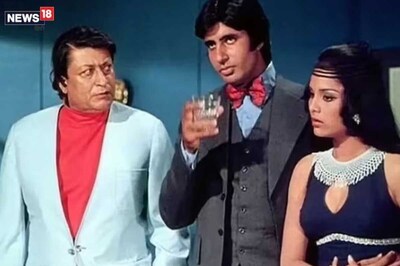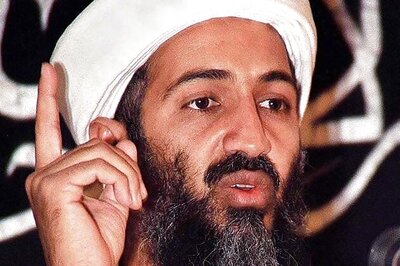
views
New Delhi: After all the brouhaha over the Indo-US civilian nuclear agreement clearing all hurdles in the American Congress with a thumping support, here comes what could be another big dampener.
The much-touted deal – which was signed into a Bill by US President George Bush recently – has run into trouble on the domestic turf with India making clear that it will not accept any legally binding provision on future nuclear testing in the 123 agreement.
Singnificantly, Prime Minister’s Special Envoy on nuclear issue, Shyam Saran categorically stated that India will "walk out" of the deal if it seems to undermine its national interest at any point.
"Can we walk away from this deal if it does not correspond to our national interest? Obviously we have to walk away from this and we will walk away from it," Saran was quoted by news agency Reuters as saying.
India has also reportedly conveyed the concerns to the US stating specifically that it was not ready to accept any legally binding provision and emphasised that New Delhi would agree to fissile material control only under any multilateral framework.
Saran, who has been the key negotiator of the much-hyped deal - said was critical the deal allowed India to reprocess spent US nuclear fuel and did not stop it conducting nuclear tests.
Noting that it has "genuine reasons" for concern over certain elements in the recently enacted law, Saran expressed confidence that these would be addressed in the 123 agreement, currently being negotiated upon to operationalise the deal.
"This process will have to continue and there are certain very important issues which would have to be addressed and these are difficult issues," Saran was quoted as saying in a speech to diplomats and strategic affairs experts.
He said India will retain the right to conduct nuclear tests but will have to be prepared for repercussions such as snapping of civil nuclear cooperation with the US since waivers in the recent act do not apply to future detonations.
"There are concerns, of course... If at any point, it becomes apparent that it (the deal) is something which would undermine India's national interest, we will walk out, no matter how much political investment has been made," Saran was quoted as saying by PTI while delivering a lecture on "India-US Understanding on Civil Nuclear Cooperation and the Future” in the Capital.
Past Perfect
US President George W Bush last month signed into law a bill approved by Congress allowing the deal to go through, a major step towards letting India buy American nuclear reactors and fuel for the first time in 30 years.
But Congress attached several conditions to the law which have not gone down well with New Delhi, and the two countries have returned to negotiations.
Under the bill, the US president would be required to end the export of nuclear materials if India tests another nuclear device.
It tested one in 1998. It also does not guarantee uninterrupted fuel supplies for reactors and prevents India from reprocessing spent fuel.



















Comments
0 comment